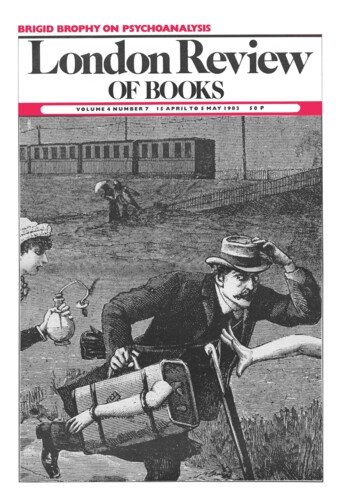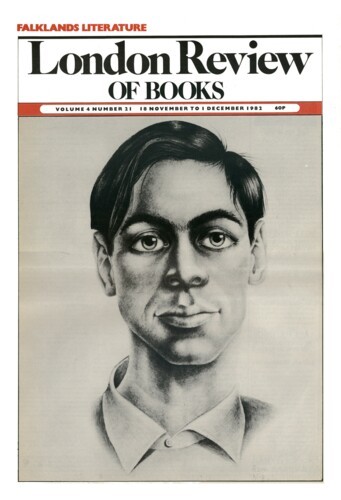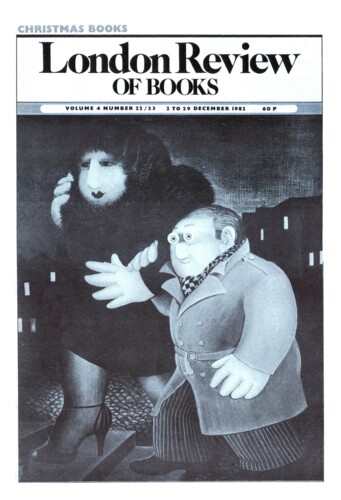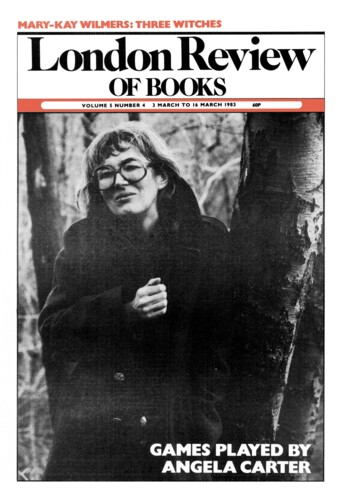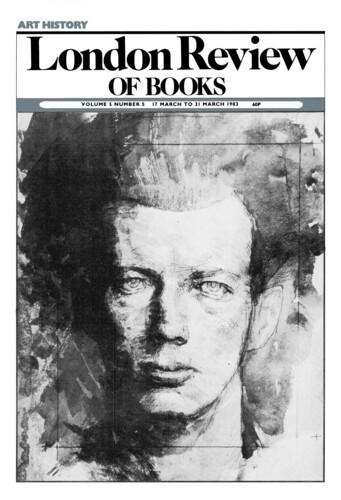States’ Rights
C.H. Sisson, 15 April 1982
It would be an exaggeration to say that when David Hume, at the age of 26, came back to London after his retreat at La Flèche, he had already thought all the thoughts he was going to think. On the other hand, there is a sense in which the famous Hume, who lived among the learned and judicious in Edinburgh so comfortably and, one might say, so smugly in his 18th-century way, was a superfluity. True, he had still to write the Enquiries, the Essays and the History of England, but his crucial thoughts were contained in the Treatise of Human Nature, which fell still-born from the press and was not resuscitated in his lifetime, and that work had been completed at La Flèche. The rest was a gloss, an attempt, at least as successful as such things usually are, to get his novel ideas into the thick heads of his contemporaries. Our heads also being somewhat thick, that is not to say that we can afford to neglect the later works and the many explanations, illustrations and applications they offer. But Hume shared that characteristic which is perhaps even more marked in philosophers and scientists than in the rest of the world, of concentrating his inventions in the early part of his life.
